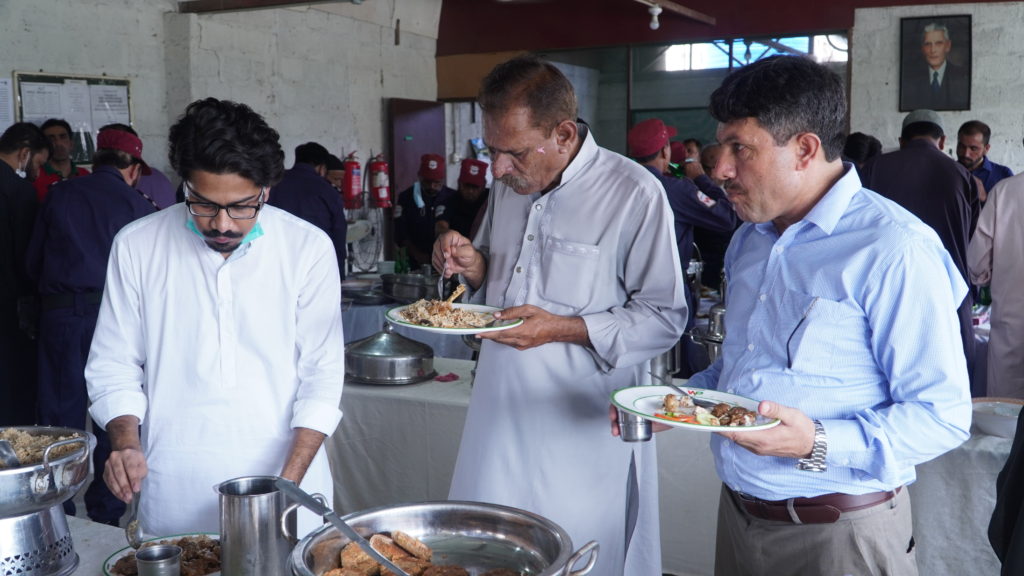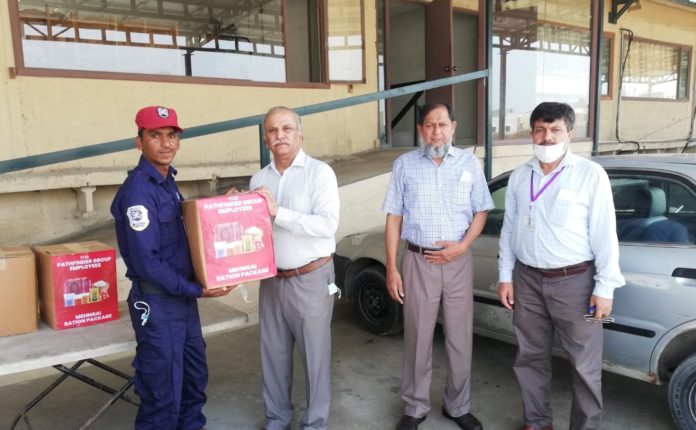In its broadest definition “Culture” is “the way we do things”, corporate culture is the way an organization is organized. Defined by the people who manage and work in the organization it partly comes about naturally. On the other hand, Corporate identity is a western term to describe ways for making a company distinctive and better able to clearly differentiate itself from competitors in the market so as to be able to sell more and obtain a bigger market share. The concept of a corporate identity must be well planned and strategically implemented; a central part of it is branding, i.e. creating a strong and positive impression of a company, its workforce and its products by elements such as logos, design products, mission statement and a consistent theme in its public appearance.
While the idea of marketing corporate identity as means to catch a bigger market share has been well developed in the west, by now globally they have been adopted in tune with the spread of capitalist market economy in almost all nooks and corners of the world. One should think that that is what makes the market look very much alike globally. Only with a closer look, one realizes that together with the commonalities there are quite some differences as well which are culturally determined. When you get out of almost any airport in the world the first thing you see is a McDonald’s Restaurant. But while the design of the building, the logos and the interior are mostly common everywhere, the food and the way it is served will have its own local flair. From the outside this may not be visible for customers, but the atmosphere within the company, the relationship between the management and workforce and the overall feeling of identification with the company can also be quite different from place to place.
Influenced by an individual’s life experiences culture represents beliefs and thought processes of a person. When those beliefs are developed at opposite ends of the world, dissonance can occur. To establish sound culture, a company’s purpose must be defined and the behaviours it wants to encourage should be seen in its business strategy. Corporate culture points directly to the strength of an organization’s leadership. Values play a large role in the development of a strong business culture. Values are important, but culture the behaviour and the values; culture cannot be changed easily. Culture impacts a person’s actions, thoughts, successes and failures. It represents beliefs, behaviours and attitudes that one consciously lives by. And, for instance, in a Muslim country or corporation, values such as “corporate social responsibility” (CSR) is important and is supported by the religious values that should be present among Muslims. Social responsibility is of course a two-way item, it is directed at the customers and sometimes the public at large and at the same time at the employees. Only a sound corporate culture including social responsibility can provide for a strong corporate identity in the market.
What exactly does this mean? It means that a company has to act responsible towards customers and the larger public by honestly describing the product and the services it provides. No white lies! In addition, the products and services offered should not be harmful to customers or society at large, the company should not be environmentally hazardous. That is true for internal social responsibility as well. Health and environmental hazards are to be avoided; employees should be insured against health problems they acquire as a result of their service in the company. There could be many more features to illustrate this point. For Muslim countries what social responsibility means is to take care of the wellbeing of its employees, this includes many more initiatives than in the western world for the company or organization.

An example what good corporate culture would look like is that of a Pakistani private security company uniting under its umbrella five different companies (merged into two in a Security Services Division (SSD) effective 01 July 2022). Operating Pakistan-wide with a presence in almost all bigger cities it has about 12,000 employees (including 3000 in separate technology division) in over 50 cities/towns in Pakistan. Providing security to banks, embassies, etc. makes individuals vulnerable to the risk of being wounded or even killed on the job, this is much higher for employees than in other companies. That is why the welfare package of the company contains, apart from handsome salaries, a health insurance coverage for all employees including spouse and children for in-patient treatment in all leading Hospitals of the country along with provision of free medicines at medical centres set up within the company. In addition, paid, annual, casual, medical leave is provided to all employees and maternity leave to all female employees. In case an employee dies the company takes care of the deceased’s family by payment of the full salary for 6 months and half salary for another 18 months. If he (or she) lays down his (or her) life in the line of duty the company pays full salary to the deceased’s family for 6 months and half salary till the youngest child is 18 years old. There is an employment offer for the eldest son or daughter if that is wished. Insurance payment is separate Rs. 5 lacs in case of normal demise or double that in case of violent death in line of duty. However the insurance is withheld until it is confirmed by the company that the widow is not vulnerable to “vultures” ready to take advantage of her (his) period of grief. Based on such policies that not only take care of the employees but of their families as well the company and families share a common interest in the well-being of the business and form something like a company-family.
Attending this year’s Eid congregation (“Bara Khana”) one foreign observer was astounded when she saw employees from all parts of the company including management down to the guards, cooks and office staff, etc. come together for sharing the food provided by the Group’s kitchen. The company’s successes were shared in a talk by the Group Head, certain people were cited for their good achievements and a pay incentives for the security guards was announced. All major cities were holding similar get-togethers with the employees which seems a considerable achievement in the field of social responsibility and corporate culture. A scheme for monthly bonus that was instituted nearly a year ago is being changed from 01 July 2022 because of the recent enormous price hike to a “Mehngai Ration Package” for those with salaries less than Rs. 25000. The western idea of building corporate identity for a larger market share has been amended here by including Islamic and oriental values that make an owner/s responsible for the welfare of their people.





